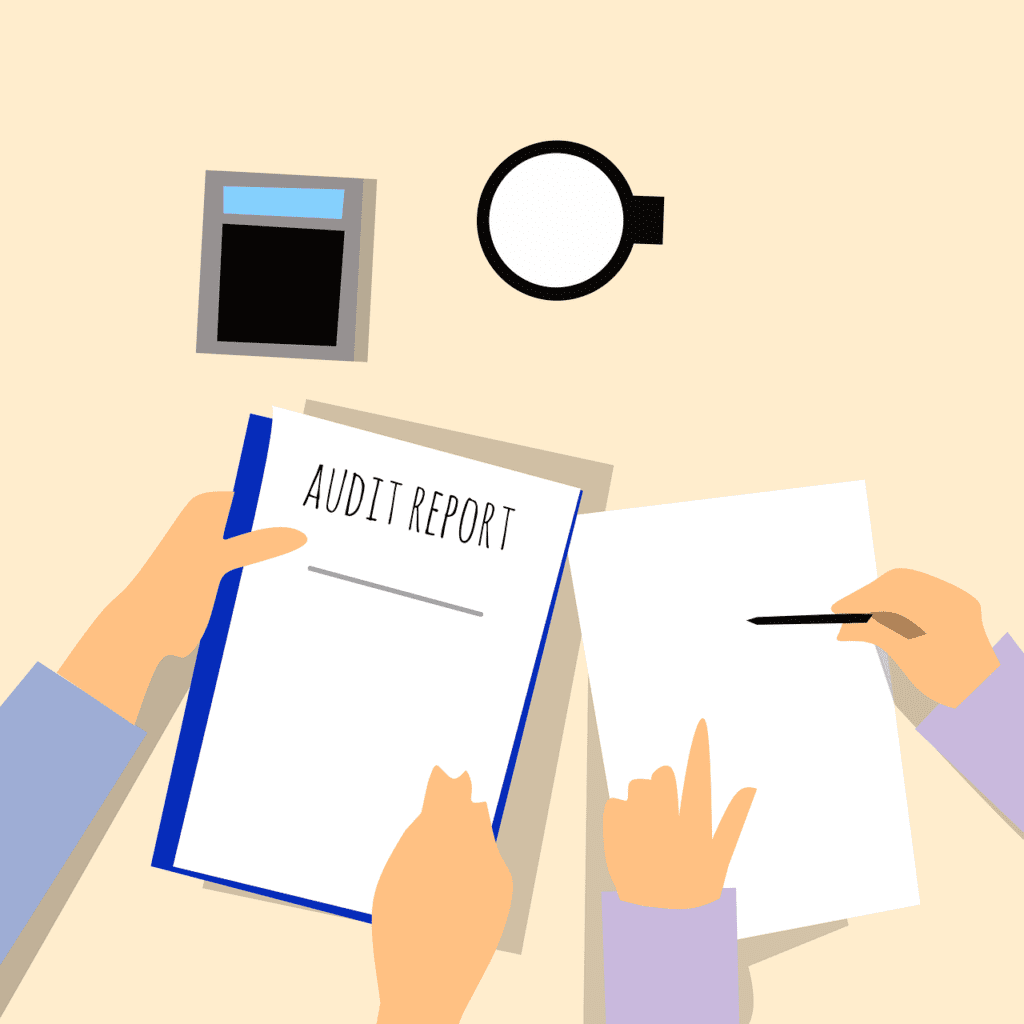Dealing with the Internal Revenue Service (IRS) can be stressful, especially if it involves an audit. Understanding what triggers an audit and how to prepare your tax returns can significantly reduce your risk of this daunting experience. This comprehensive guide provides insights into common reasons for IRS audit and tips to minimize the risk.
Introduction
The IRS audits organizations or individuals to verify the accuracy of their tax information and reported taxes. This review involves examining your accounts and financial records to ensure they comply with tax laws. While the odds of getting audited are relatively low, specific actions can raise your red flags for the IRS audit.
Common Audit Triggers
1. Significant Income Changes
A substantial change in income, either up or down, can catch the IRS’s attention. The IRS has income data for previous years and expects variations within a certain range.
Key Points:
- Report All Income: Ensure you report all your income, including any freelance or side jobs.
2. Large Deductions Relative to Income
Claiming deductions that are large relative to your income is a red flag. This includes charitable contributions and business expenses that seem excessive for your income level.
Key Points:
- Maintain Documentation: Keep all receipts and records for deductions claimed.
3. Self-Employment Income
Being self-employed or a freelancer can increase your audit risk, particularly if you claim large losses or report a low income while maintaining a high standard of living.
Key Points:
- Use a Professional: Consider using a tax professional to prepare your returns.
4. Incorrect or Missing Information
Simple mistakes like incorrect Social Security numbers, math errors, or omitted forms can trigger an audit. The IRS also matches information reports (like W-2s and 1099s) against your return.
Key Points:
- Double-Check Your Return: Ensure all information is accurate and complete.
5. Rental Losses
The IRS scrutinizes rental real estate losses, especially if you claim to be a real estate professional and report losses from rental properties.
Key Points:
- Proper Record Keeping: Keep detailed records of all expenses and time spent managing rental properties.
6. Claiming 100% Business Use of a Vehicle
Claiming that a vehicle is used 100% for business purposes is difficult to justify unless you have another vehicle available for personal use.
Key Points:
- Maintain a Log: Keep detailed logs of business and personal travel.
7. Home Office Deduction
This deduction is legitimate but often misused. To qualify, the home office must be your principal place of business and used regularly and exclusively for work.
Key Points:
- Document Usage: Maintain clear records of your home office use.
8. Round Numbers
Using too many round numbers on your tax return can suggest estimation or fabrication, which might invite scrutiny.
Key Points:
- Be Exact: Report exact amounts as they appear in your financial records.
9. High-Income Earners
Higher incomes are more likely to be audited because they can result in more tax revenue if inaccuracies are found.
Key Points:
- Accuracy is Key: Ensure your return is impeccable.

Tips to Reduce the Risk of Being Audited
- Report All Income: Ensure you report every dollar of income, as the IRS uses sophisticated software to match your tax returns against forms received from employers and institutions.
- Be Accurate with Deductions and Credits: Only claim what you can fully document. Use a professional if you’re unsure.
- Keep Good Records: Maintain detailed records of income, deductions, and credits for at least seven years. This includes receipts, logs, and employment documents.
- File on Time: Filing late or inconsistently can increase your chances of an audit.
- Understand the Tax Laws: Or use a professional who does. Tax laws can be complex, and misunderstanding them can lead to mistakes that trigger an audit.
Conclusion
While you can’t guarantee you won’t be audited, following these tips can reduce your risk significantly. Being thorough, honest, and organized in your tax preparations is the best defense against an IRS audit. If you are audited, remember that having accurate, detailed records is your best protection.

